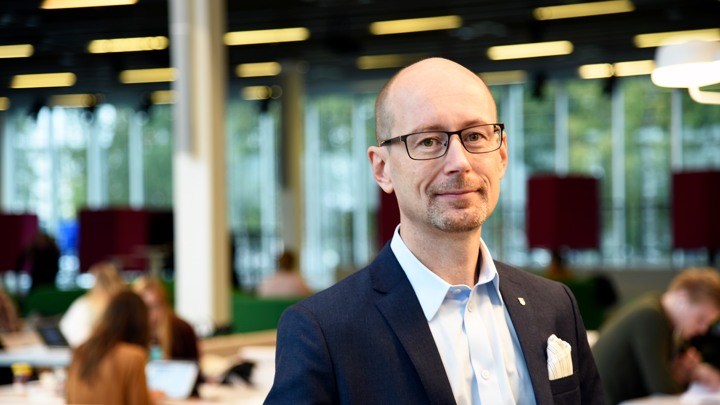AI reduces stress in work with multiple or new tasks

Artificial intelligence reduces stress for employees with multiple tasks. The same reduction in stress applies to workers with new tasks. This is according to a new study by Örebro University and Ratio.
“It’s believed that AI leads to increased demands and a faster pace of work, which can increase stress. In this study, we find the opposite, at least for one group of employees,” says Magnus Lodefalk, researcher in economics.
This study was based on a representative sample of workers in Germany, which covered gender, age and different occupations.
Magnus Lodefalk and Danish colleague Michael Koch found that workers more strongly impacted by AI are less likely to report increased stress levels. AI assisting in the workplace could be a way to reduce stress.
“The link between reduced stress is found in employees performing new types of tasks at work, and performing many tasks.”
This stress reduction may be explained by AI's ability to automate specific tasks. AI can also help employees perform other tasks faster and more efficiently," says Mr Lodefalk.
He has not identified a direct reason why AI can reduce stress in new tasks:
“Previous research suggests that technology can automate some tasks and give rise to new, more complex tasks. Perhaps this makes work more meaningful and stimulating.”
Could the results of the study provide practical guidance?
“The results align well with the general advice: learn about and adopt the technology where appropriate.”
The study was conducted before the big breakthrough of generative AI, such as ChatGPT.
“It’s possible that the results hold up, as generative AI can make work more stimulating and automate simpler tasks. The type of work you do likely plays a role in how you're affected. If you have a less complex and more monotonous job, there may be a risk of increased rather than decreased stress, as some previous research suggests,” says Magnus Lodefalk.
What is the next step in this research?
“We look forward to repeating and expanding the study when we have more up-to-date data where generative AI has had an impact.”
Text: Maria Elisson
Translation: Jerry Gray
